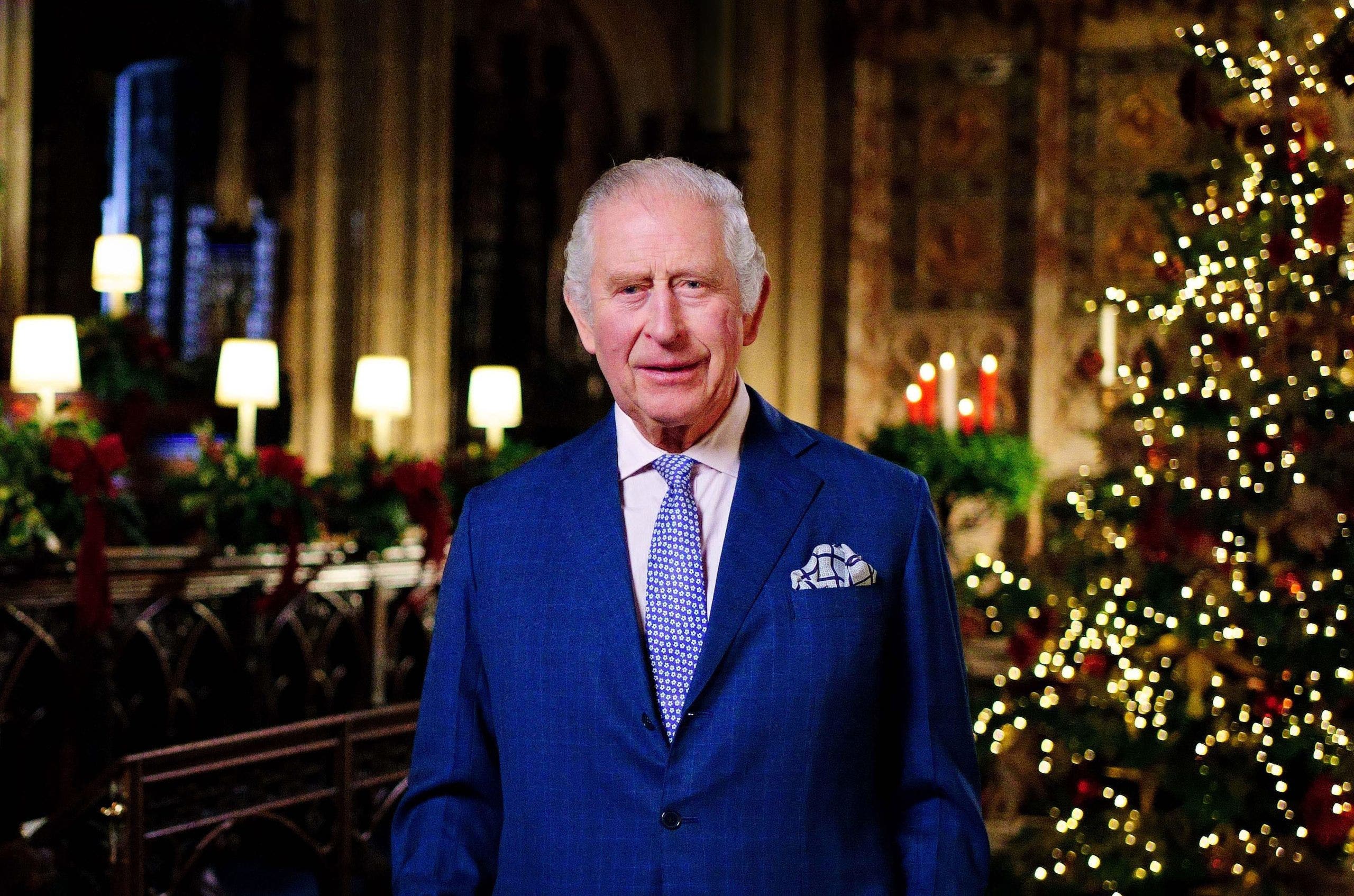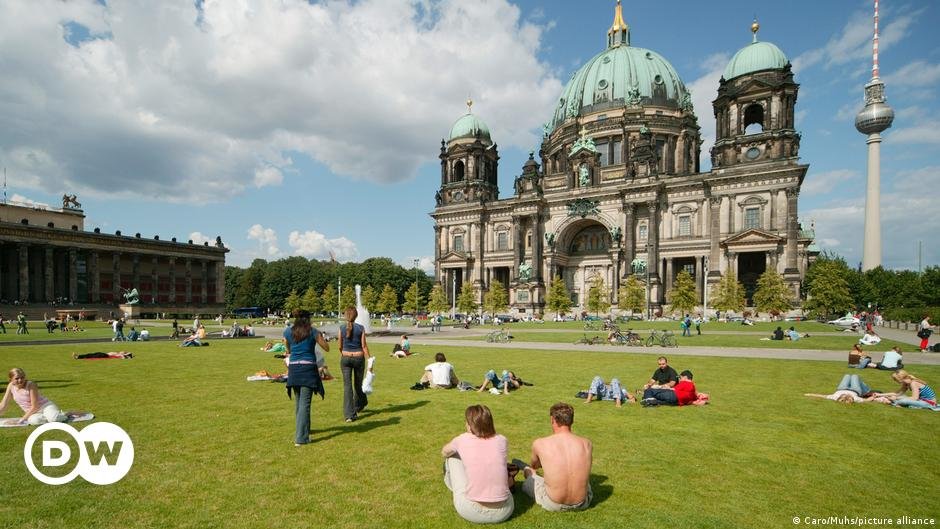Bye-bye backpackers — hello culture buffs?
Over the years, backpacking has become synonymous with travel. Young adventurers with backpacks strapped to their shoulders, roaming the world in search of adventure and self-discovery. However, in recent times, there has been a shift in the travel landscape. A new breed of travelers is emerging – culture buffs. These individuals are more interested in immersing themselves in the local culture, heritage, and history of a destination, rather than simply ticking off popular tourist spots. In this article, we will explore the rise of culture buffs and the impact they are having on the way we travel.
The changing face of travel
Travel has always been a transformative experience, offering individuals the opportunity to broaden their horizons, challenge their beliefs, and gain a deeper understanding of the world. Backpackers have long been drawn to the adrenaline-fueled adventures and tight-knit communities that backpacking offers. However, as the world has started to open up and become more accessible, a new wave of travelers is emerging. These culture buffs seek a more meaningful and authentic connection with the places they visit, transcending the surface-level experiences often encountered by backpackers.
Immersive cultural experiences
Culture buffs prioritize cultural immersion above all else. They seek out local traditions, interact with indigenous communities, and actively participate in cultural celebrations. Instead of merely snapping a picture in front of a famous landmark, they yearn to understand its significance and the stories behind it. This desire for authenticity drives culture buffs to explore lesser-known destinations, navigate off the beaten path, and forge connections with locals. They engage in activities like local cooking classes, traditional dance workshops, and guided tours led by knowledgeable experts who can provide insights into the local culture.
Responsible and sustainable tourism
Another key characteristic of culture buffs is their focus on responsible and sustainable tourism. Backpacking culture has often been associated with budget travel, which sometimes comes at the expense of local communities and the environment. However, culture buffs are keenly aware of the impact travelers can have on a destination and strive to make a positive difference. They support local businesses, choose eco-friendly accommodations, and actively engage in practices that minimize their carbon footprint. By adopting responsible and sustainable tourism practices, culture buffs aim to preserve the cultural heritage and natural beauty of the places they visit.
A deeper connection with the locals
Unlike backpackers who often form close-knit communities with fellow travelers, culture buffs prioritize building connections with locals. They understand that the true essence of a place lies in its people, their stories, and their way of life. This desire for authentic connections leads culture buffs to engage in homestays, volunteer work, and cultural exchange programs. By immersing themselves in the local community, they gain insights into the locals’ perspectives, challenges, and triumphs. This deeper connection allows culture buffs to develop a richer understanding of the destination and fosters mutual respect and understanding.
Reviving and preserving cultural practices
As culture buffs actively seek out local traditions and customs, they contribute to the revival and preservation of cultural practices that may be fading away. By participating in traditional ceremonies, learning indigenous crafts, and supporting local artisans, culture buffs provide a vital lifeline to cultural practices that are at risk of being lost in the face of globalization. They recognize the importance of cultural diversity and actively contribute to its preservation by valuing and respecting traditional knowledge and techniques.
Embracing the fusion of cultures
While culture buffs place importance on the preservation of local cultures, they also appreciate the ever-evolving nature of cultures and the beauty that emerges from their fusion. They celebrate the exchange of ideas, traditions, and cuisines that occur when cultures come together. Culture buffs actively seek out destinations where different cultures coexist harmoniously, and they embrace the opportunity to immerse themselves in this fusion. By doing so, they break down cultural barriers, challenge stereotypes, and promote cultural understanding on a global level.
Conclusion
The rise of culture buffs marks a shift in the way we travel. These individuals prioritize cultural immersion, responsible tourism, and authentic connections with locals. They contribute to the preservation and revival of cultural practices, all while embracing the fusion of cultures. While backpacking still holds its allure, more and more travelers are seeking a deeper and more meaningful travel experience. So, as backpackers bid farewell, a new era of culture buffs begins, paving the way for a more connected and culturally vibrant travel landscape.
*Source amp.dw.com




































